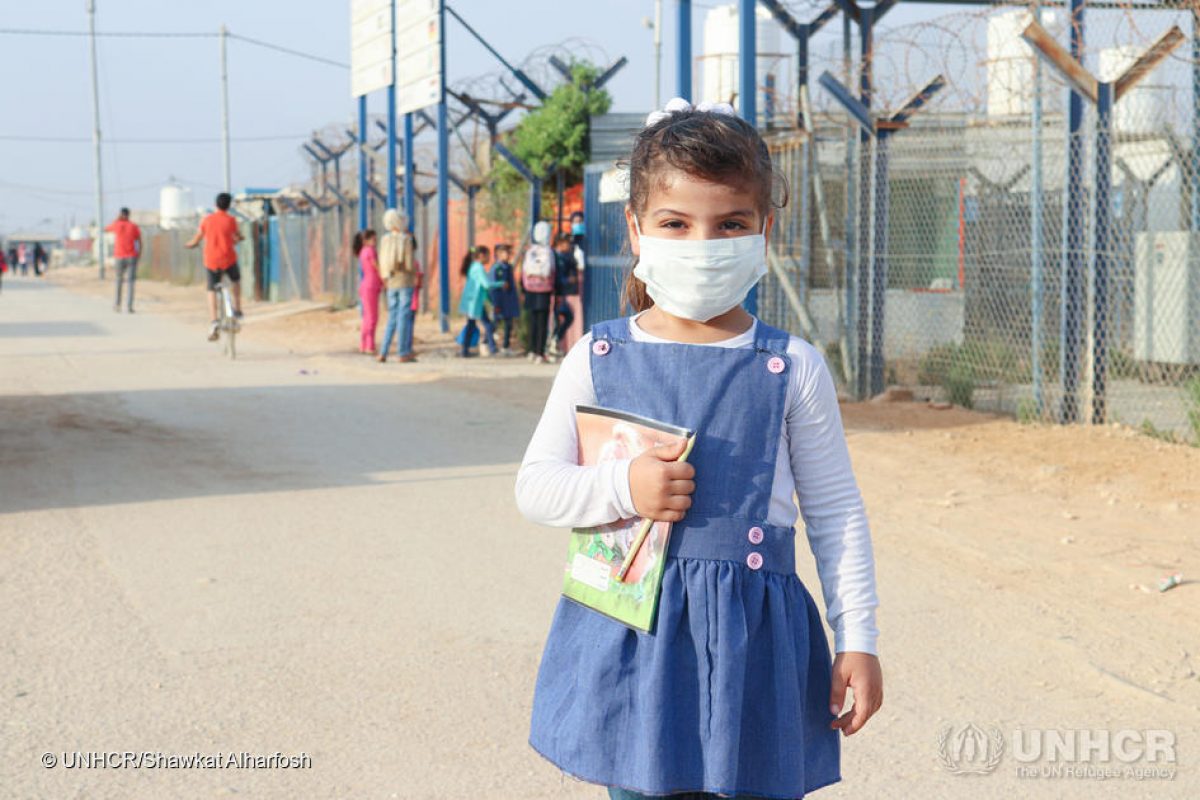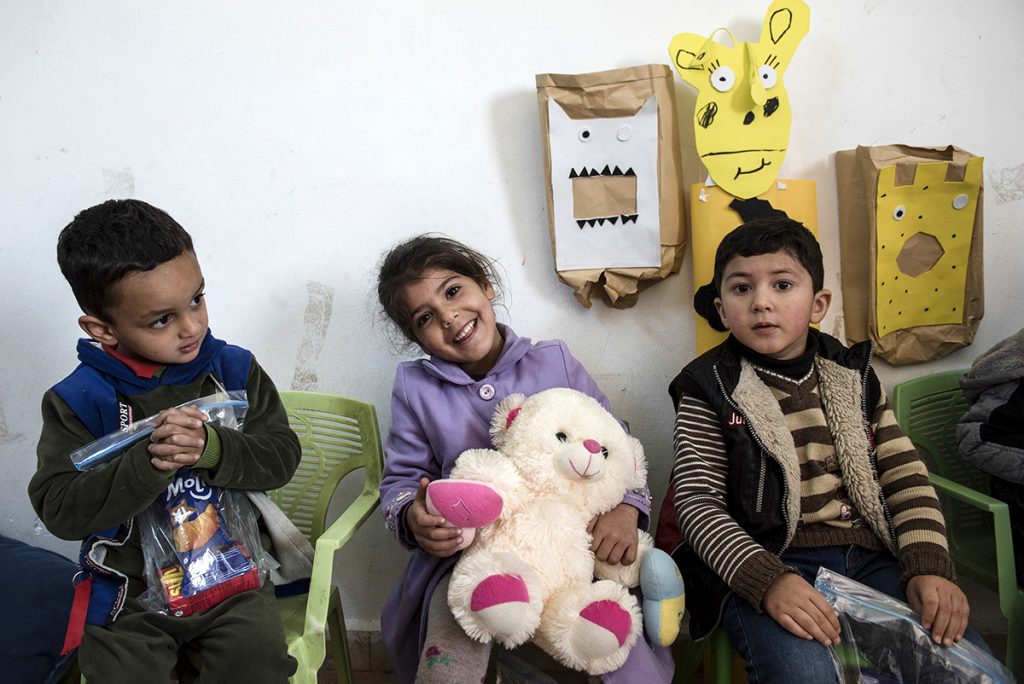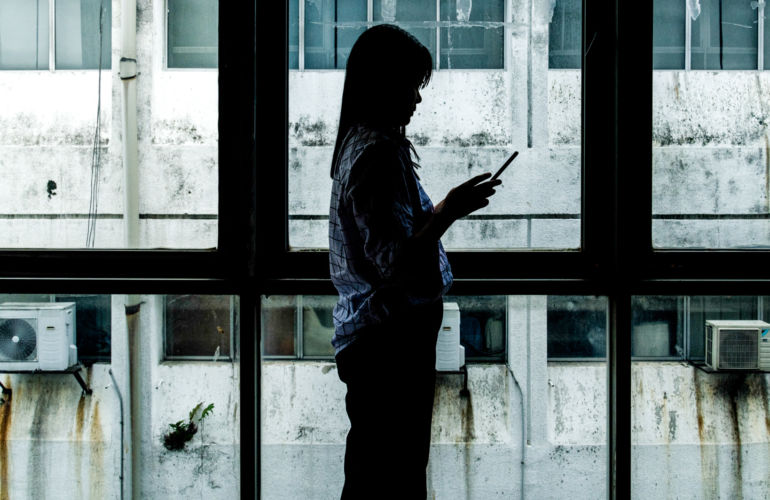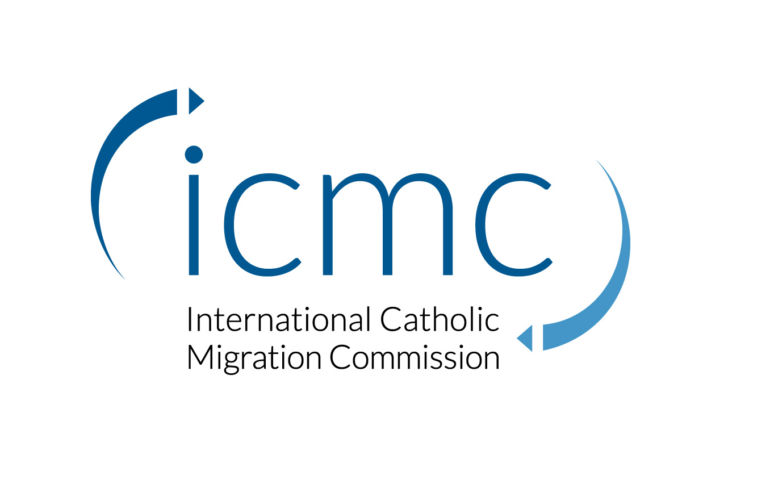How Refugee Children Are Bearing the Brunt of the COVID Pandemic
Refugee children are some of the most impressive but, at times, the most vulnerable people on the move. Their capacity for growth and learning along with their hope and easy trust are both their strength and vulnerability. Today, the COVID-19 pandemic is putting them to a severe test.

By Mantalin Kyrou*
Refugee girls and boys constitute the largest demographic group of people on the move: of the 26 million refugees in the world today, half of them – a staggering 13 million – are below 18. Girls and boys forced to be on the move can be exposed to violence, abuse and danger and, therefore, to intense trauma, especially those who flee by themselves.
For the past several years, governments, cities, UN agencies and the private sector as well as civil society organizations serving refugees have made concerted efforts to protect refugee girls and boys. However, the impact of COVID-19 has propelled their need for safety and protection to a new level of urgency.
While the disastrous effects of the pandemic are affecting everyone, they are hitting refugee children hardest. The pandemic is robbing them of their education while also causing incidents of abuse and sexual and gender-based violence to increase. It is also aggravating already inhumane and inappropriate asylum conditions, even in Europe.
Two recently published reports have highlighted some of the challenges refugee children currently face.
Refugee Children Risk Losing Out on Their Future
Going to school and learning to read, write and reason are vital to a child’s development and future prosperity, including his or her capacity to contribute to society. All of which is hindered when they are unable to attend school.
In 2017 and 2018, about 65% of refugee children attended primary school as compared to 91% of the world’s children. The gap was bigger at secondary school level, with only 23% of refugee children enrolled as opposed to 84% of children worldwide. Tertiary rates were even more striking: only 3% of refugee youth as compared to 36% of children worldwide were studying at university level.
However, some progress was actually being made towards closing that gap. The numbers of refugee children in school has been steadily rising over the past few years. In 2019, 77% and 31% of refugee children, respectively, were enrolled in primary and secondary schools. Though these figures may represent meager gains, it was hoped that this progress would continue.
But then COVID-19 hit, and refugee girls and boys have borne the brunt. Lockdowns and closures in refugee-hosting countries restrained mobility with many parents losing their jobs and therefore the money to pay for school fees, books, uniforms, etc. This meant that refugee children attending school, especially girls, had no choice but to drop out. Because of COVID-19, 50% of refugee girls could not return to secondary school in September 2020 according to the Malala Fund and UN Refugee Agency data.
Without schooling, refugee girls’ and boys’ professional opportunities, dreams and future suffer. When they spend months or years out of school, they risk losing their chances for a better future. They may also be prevented from acquiring the skills, intellectual and professional know-how needed to escape severe poverty and to enable them to reconstruct their homelands after conflicts and/or natural disasters.
Deplorable Asylum Conditions Create Despair
The recent fire at the Moria reception center on the Greek island of Lesbos has shown dramatically that women, men and children awaiting the result of their asylum applications have suffered for years in inhumane conditions.
Reports from ICMC operations in Greece in partnership with the UN Refugee Agency as well as from other organizations working in the area tell us that refugee girls and boys – especially those fleeing alone – suffer intensely from a lack of appropriate, humane and dignified accommodation. They don’t have beds inside but live and sleep outside. Many don’t even have blankets or a tent to provide warmth or protection from the elements or worse. Those who do have a bed in a building live and sleep in quarters with adults they don’t know, which increases their exposure to violence and abuse.
Refugee boys’ and girls’ mental health has drastically deteriorated as their despair and hopelessness has grown. Save the Children reports that refugee children on Lesbos have noticeably high rates of depression, despair and mental breakdown because of their inhumane living conditions, with documented incidents of child suicide attempts.
Refugee Children Can Wait No Longer
Refugee children will have a long road of recovery ahead of them unless we step up protection for them right now.

Providing refugee children like those in Moria with mental and psychosocial support services is the right and urgent thing to do. Only an appropriate response to addressing their mental health needs can help them cope now and prepare them for their life ahead, both in the immediate future and in a country of sanctuary.
Through ICMC’s own field operations and from our deployment of protection experts, we have learned that refugee children can be deeply hurt and traumatized during their flight. But we also see how, by responding to their needs for protection and care, they are able to heal, learn and start life anew.
For years ICMC has provided programs focused on refugee children’s mental health. In Malaysia and Jordan, ICMC staff provide a mixture of therapeutic approaches to foster their healing and enable them to learn positive coping mechanisms for dealing with the traumas they have endured.
Enhancing refugee children’s ability to attend school is fundamental for their development and understanding of the world in which they live. Without this foundation, a child’s future and opportunities quickly narrow as do his or her chances for fulfilment and prosperity. ICMC’s child-friendly protection centers in Jordan respond to this need by, for example, offering literacy classes to both refugee and host country children as well as their parents.
Refugee girls and boys are resilient. They want to live and start anew. They hope for a better life despite the trauma, persecution and violence they have endured and seen both where they came from and along the migration route. They certainly deserve a better life!
Recently published reports on refugee education
- “Coming Together for Refugee Education: Education Report 2020” by the UN Refugee Agency
- “A Tide of Self-Harm and Depression” by the NGO Save the Children

Mantalin Kyrou
Mantalin Kyrou is Policy Officer at the International Catholic Migration Commission



